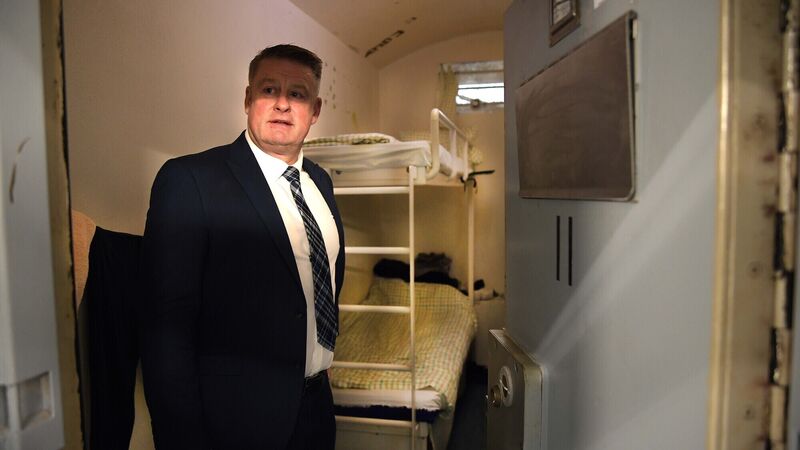The number of prisoners in the country has halved in a decade and experts say alternative sentencing programs can further decrease the number.
UTRECHT, Netherlands – Walking along the corridors of the creative work space that is housed inside the Wolvenplein prison, reminders of the building’s long history are everywhere. The heavy cell doors with tiny break-proof windows now lead to small offices. When tenants sit outside on their lunch break, they look out on the thick brick walls topped with barbed wire. In the kitchenette, instruction posters next to a large sink offer a step-by-step guide to drug-testing urine samples.
For 158 years, this was where the central Dutch city of Utrecht sent its prisoners. And then five years ago – along with almost half of the country’s prisons – it shut down.
Last year, the Dutch government decided to close four more prisons. Some of the now-empty buildings are being sold off, while others offer temporary shelter for refugees. The former Bijlmerbajes prison complex in Amsterdam even housed a Syrian refugee-run pop-up restaurant before it was demolished last year.









